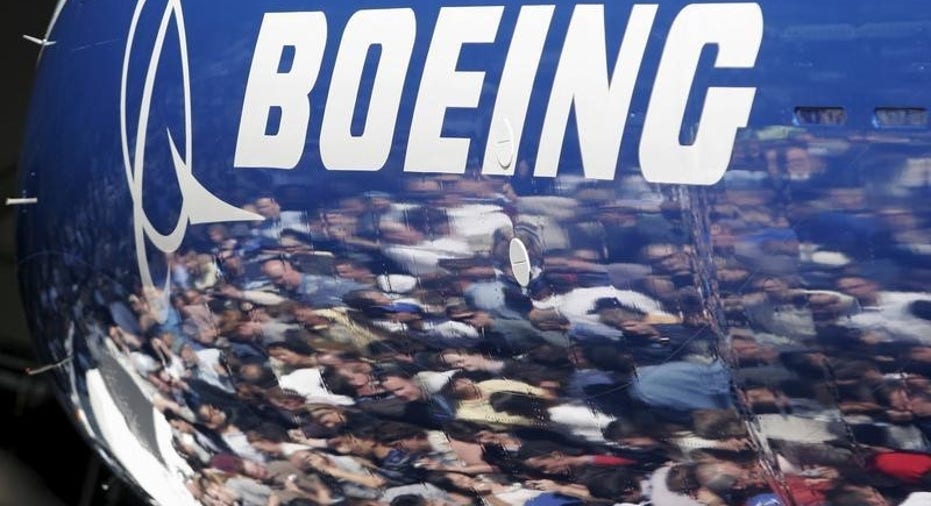Boeing to curb overtime for U.S. salaried workers to reduce costs

NEW YORK – Boeing Co said on Wednesday it is curbing use of paid overtime by 80,000 salaried workers based in the United States, part of a company-wide effort to reduce costs to deal with intense competition.
Starting Oct. 14, Boeing will halt overtime for salaried employees not entitled to overtime pay by law "except in the case of pre-approved production- or mission-critical work," according to an internal memo confirmed by a company spokesman.
When such work is needed, "Boeing organizations that pay exempt overtime ��� and most don't ��� will pay it only when it is discussed with and approved in advance by the employee���s direct manager," the memo said.
Pay for Boeing's union employees will follow existing labor contracts and overtime for those workers is already managed.
"This new policy is another step in the company���s efforts to improve our affordability and competitiveness so that we can better position ourselves to grow sales to customers," spokesman Chaz Bickers said in an email.
Boeing is under intense pressure to win sales over rival Airbus , as airlines have slowed buying new jetliners. Weak sales, particularly of twin-aisle jetliners, may make Boeing miss its target of selling about 740 plane sales this year, Boeing's chief executive said on Wednesday.
The overtime memo told managers of U.S.-based exempt salaried employees that they should arrange staffing to reduce the use of overtime through such measures as sharing work across similar teams, training employees or using flexible schedules.
"By curbing exempt overtime pay, Boeing is challenging leaders and employees to come up with work solutions that curb the need to work overtime," said the memo, which was first reported by the Seattle Times.
Boeing's white-collar engineering union said the new policy likely would not affect many of its 19,000 members, since they are governed by labor contracts. Professional engineers receive regular pay plus $6.50 an hour when they work past 40 hours. A group of about 20 pilots do not have that provision.
A spokesman for the machinists union said it was not immediately clear what impact the change would have on its 31,000 members.
(Reporting by Alwyn Scott; Editing by Chris Reese, David Gregorio and Bernard Orr)



















